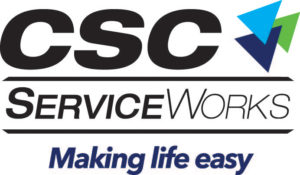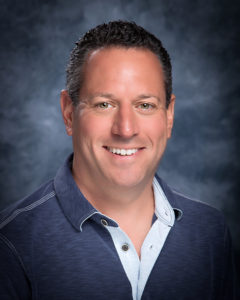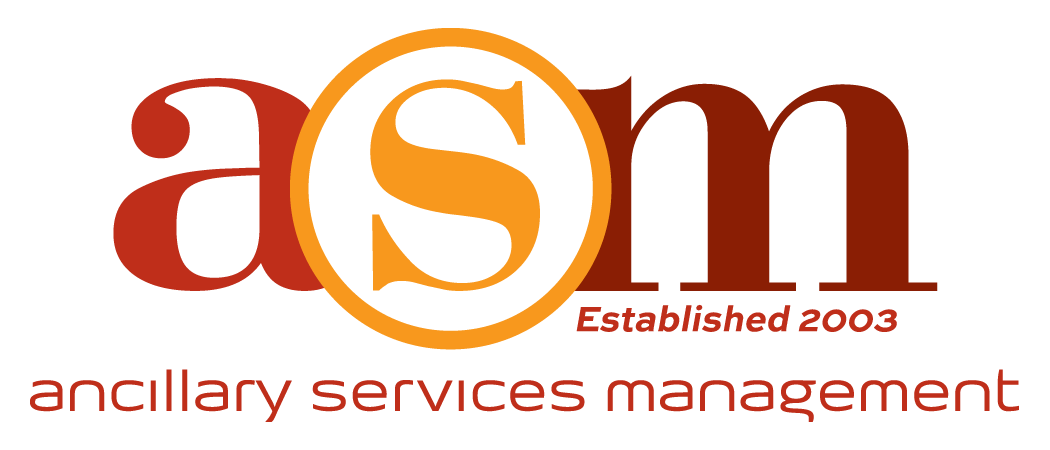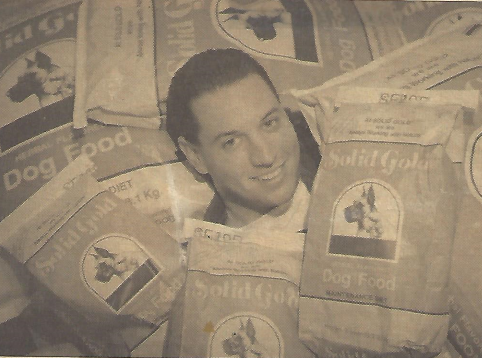From clean pet food to cleaning up in the multifamily laundry business, this month’s Provider Spotlight takes a fresh look at Howard Scher, an Area Sales Manager at CSC ServiceWorks.
Chili – So let’s begin with your first job. How did you get started?
Scher – I worked two summers at a swim club snack bar, when I was 14 or 15. It was usually a fun day at the pool, but since this was Baltimore, they had crab parties. After those nights, I slogged home reeking of crab. I needed a long shower to wash that away. My job is much cleaner and fragrant now.
Chili – Worst job ever?
Scher – My job at an electric supply company, with an extremely, difficult boss. An example of his management style, he had rules for throwing out paper. Paper couldn’t be crumpled up and had to be folded and placed in a trash can to “save space”. He would nose around waste baskets to monitor this decree and blasted me for violating his rule. I quit… right after his tirade.
Chili – A Fortune Magazine survey indicated 50% of us quit jobs to get away from a bad manager. You did, and “saved space” at your desk. Excluding your current job – so you can keep it – what’s the best job you ever had?
Scher – I worked at Camden Yards, when the Orioles were a big deal in the 90s. I interviewed players for a radio show and did a pre-game gig. Great job, lots of fun but just didn’t pay the bills. I’ve had a few cool jobs, including working at a family business selling natural pet products. We were ahead of our time and sold the business, probably too soon. Now the products we sold, which were ground-breaking then, are super-hot and best sellers. You can see from the picture I was wrapped up in the job.
 Chili – So natural pet food is a long way from the laundry biz, although you went from clean food to clean clothes. How did you get started with CSC?
Chili – So natural pet food is a long way from the laundry biz, although you went from clean food to clean clothes. How did you get started with CSC?
Scher – In 2002, I sold a bar/restaurant (a job and story for another day) and needed a new job. I went on Monster.com and saw a sales opening at Coinmach, now known as CSC. The hiring manager, a former bartender, knew bartenders possessed good sales and customer service skills and could handle lots of unusual situations. Plus, I had an operations background from a previous job, so he hired me despite my lack of industry experience.
Chili – in those 17 years you’ve seen lots of changes; what are the biggest ones?
Scher – Number one is the shift to in-unit laundry. When I started there might be five or ten properties a year converting common area laundry centers to in-unit machines. In recent years, we’ve seen that many in a month. And now most new build communities include in-unit washers and dryers.
Chili – What drove that trend?
Scher – Owners pursued ways to increase rents and provide value. Amenities became critical and laundry income less important. You didn’t want to be the one community on the block without in-unit machines and risk a hit on rent rates or occupancy. But laundry centers still provide an important revenue stream in selected markets and in communities where the conversion cost is prohibitive.
Chili – In those markets where it still is profitable, what factors do you consider when you develop laundry center proposals?

Scher – First is historical data, even if we aren’t the current provider, we may have serviced them in the past and have those statistics. Then vandalism risk is crucial. Repeated break-ins impact revenue. Service history – or how demanding the property is on equipment is also considered. Two other factors are payment technology and vend price. We look to ASM and the client for direction in both areas so we can tailor our proposal.
Chili – When you refer to technology are you talking about the payment systems?
Scher – That is probably the key technology. The industry is moving away from coin systems. We want as many locations as possible outfitted with smartphone technology. It’s helps residents, lowers our costs, keeps cash out of the laundry centers and helps us more accurately track usage and maintenance issues. The goal is digital laundry – we want the rooms to be as technologically advanced as possible.
Chili – What are other industry trends?
Scher – Owners with laundry facilities used to demand upfront fees, taking lower monthly revenue in return. Now the focus is on monthly revenue, and unless the center needs an upgrade, we don’t see upfront fees. Some owners trade off higher revenue for upgraded machines or apps, for example, smartphone payment systems. If you have a laundry room, you want a better one than the competition. Owners understand it pays to invest in brighter lighting, key fob entry, and other upgrades.
Chili – What about trends for your company, CSC?
Scher – We are looking to take advantage of our subsidiary, Appliance Warehouse, which is in the in-unit rental business. We developed programs for Appliance Warehouse to manage the in-unit laundry. Owners don’t realize how much administration and maintenance washers and dryers require. Because our program not only fixes machines but replaces broken machines, we can be a great, low cost, and no maintenance option for owners.
Chili – We started by discovering a few fun facts about you so let’s end with some more. I am a big reader and always looking for book recommendations. What book had an impact on your life, or any recommendation for a business book?
Scher – I’m not a voracious reader to be honest. But I’m a big sports fan and am reading “Astroball” by Ben Reiter. It examines the Houston Astros model for building a winning baseball franchise in today’s MLB. The Orioles just hired personnel from the Astros brain trust to implement a similar “analytics” approach. I’m a big Orioles fan so it’s fun to read these stories and see where my favorite franchise is headed.
As to business books, I prefer sports books and fiction. I did enjoy reading Rich Dad, Poor Dad by Robert Kiyosaki. It describes how the rich teach their kids versus about money. I certainly didn’t agree with everything the author said, but it impacted my life quite a bit. It made me conscious of how little things you do everyday have a big financial impact over time.
Chili – Well, that is true in the multifamily world as well as for some programs ASM implements for clients. They have a small impact on a day-to-day basis but accumulate over time adding significant revenue (had to get an unvarnished plug in for our company somewhere in this article). I enjoyed your insights on your career and our business. Thanks for joining us for ASM’s Provider Spotlight.

